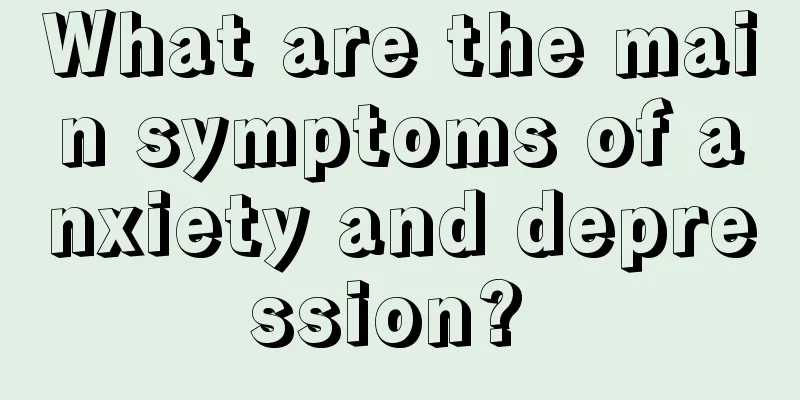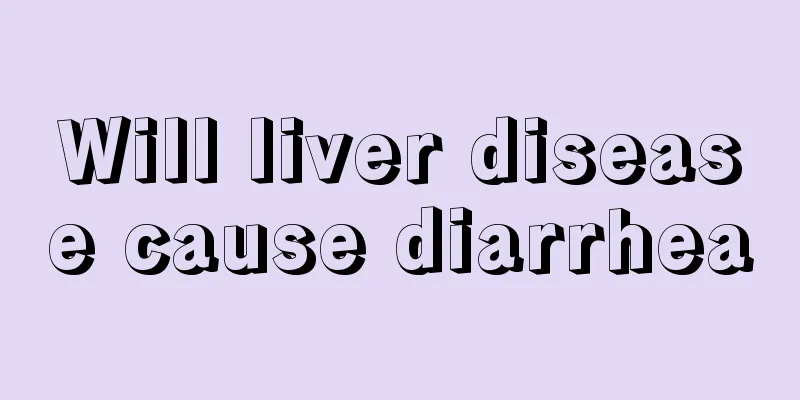What are the main symptoms of anxiety and depression?

|
Anxiety and depression are mental manifestations that have great adverse effects on patients and must be treated actively, otherwise they will cause great harm. There are many main manifestations of anxiety and depression, the most common of which are pathological anxiety, physical discomfort symptoms such as palpitations and shortness of breath, psychomotor restlessness, etc. 1. Pathological anxiety. Persistent or episodic inexplicable fear, dread, tension, and uneasiness. There is a sense of anticipatory danger, a sense that some kind of disaster is about to happen, or even a feeling of death ("near-death sensation"). Sufferers fear that they will lose control and may suddenly pass out or "go crazy." 70% of patients also suffer from depressive symptoms and lack confidence and interest in their current and future lives. Sometimes I become emotional and lose my balance, often get angry for no reason, quarrel with family members, and am dissatisfied with everything. Anxiety disorder causes cognitive impairment, and the patient cannot clearly perceive and understand the surrounding environment. Thinking becomes simple and fuzzy, and the patient focuses on his or her own health status all day long, worrying about the recurrence of the disease. 2. Symptoms of physical discomfort. Often an early symptom. The progression of the disease is usually accompanied by a variety of physical symptoms: palpitations, heart palpitations, chest tightness, shortness of breath, discomfort or pain in the precordial area, increased heart rate and breathing, general fatigue, decreased ability to live and work, simple daily housework becomes difficult and incompetent, and such symptoms in turn increase the patient's worry and anxiety. There are also sleep disorders such as insomnia, early awakening, and nightmares, which are quite serious and stubborn. In addition, there may also be symptoms of digestive dysfunction. The vast majority of anxiety patients also have hand tremors, finger tremors or numbness, paroxysmal hot flashes or cold sensations, irregular menstruation, amenorrhea, decreased libido, frequent urination, dizziness, vertigo, fear, and fainting attacks. 3. Psychomotor disorder (abbreviated as psychomotor disorder). I feel restless, anxious, rubbing my hands and feet, pacing up and down, making more small movements, unable to concentrate, and I don’t know why I am so anxious. |
<<: What should I do if I often have bloating?
Recommend
What are the Chinese herbal formulas for cough relief
There are many Chinese medicines that are quite e...
Why do blackheads grow on the nose?
The nose is the most prone place for blackheads t...
How to care for patients with laryngeal cancer after surgery
Laryngeal cancer is very harmful to patients. I b...
How to make clothes dry quickly
This situation often happens to some people: when...
Will urine turn yellow in early pregnancy?
Once a woman becomes pregnant, it means she is st...
Beware of the early warning signs of testicular cancer
Modern people's awareness of disease preventi...
Can tracheitis be cured?
When tracheitis first occurs, there are symptoms ...
Can patients with rectal cancer have children?
The cause of rectal cancer is still unclear. Its ...
The effects and functions of drinking lemon water after meals
Lemon is a very common fruit in our daily life. I...
Common surgical methods for treating brain cancer in clinical practice
Surgery is a relatively thorough method of treati...
What are the methods to remove wrinkles
As people age, both men and women will develop wr...
Specific schedule for baby vaccinations
As parents, we need to know the time for babies t...
What to do if fish have parasites
Parasitic diseases are very scary, so everyone sh...
Which hormone excessive secretion causes uterine fibroids
In recent years, the incidence of uterine fibroid...
Will playing basketball make you taller? Three points to note
Many parents believe that letting their children ...









